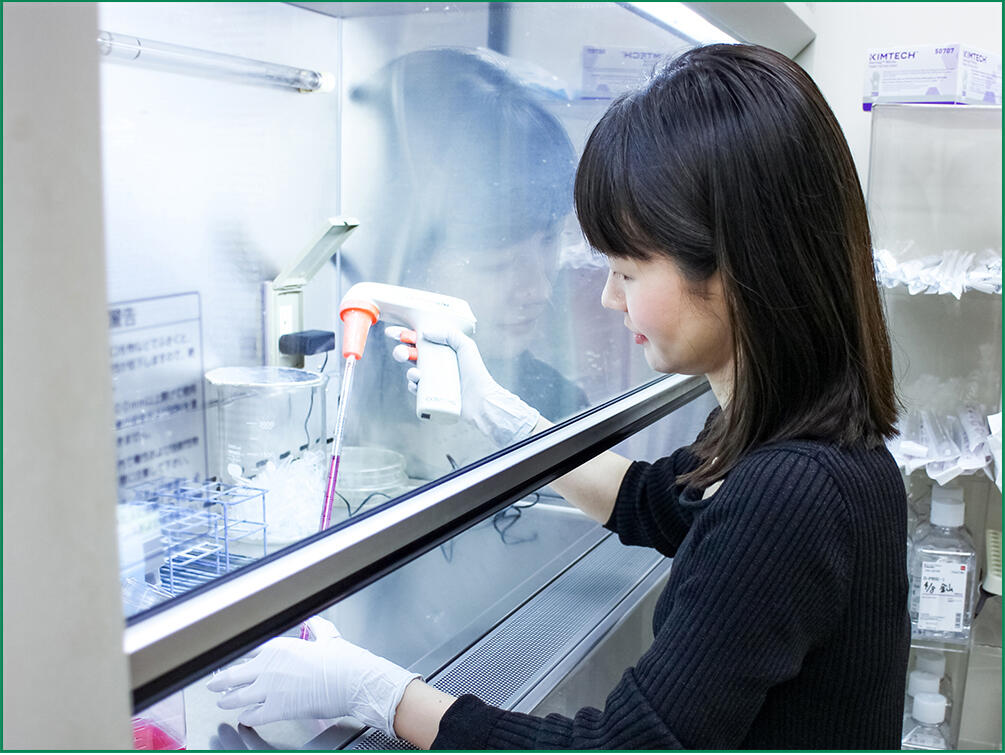
Yuka Koike
Assistant Professor, Dept of Molecular Neuroscience
Interview

I earned an MD degree from Niigata University, followed by intensive neurology training, during which I served at various hospitals in Niigata Prefecture, including Niigata University Medical and Dental Hospital. Concurrently, I embarked on my PhD research journey, focusing on unraveling the molecular pathogenesis of neurodegenerative diseases. After earning my PhD, I continued my academic pursuits at Mayo Clinic Florida. I am presently involved in neurodegenerative disease research in the Department of Molecular Neuroscience while also practicing as a neurologist.
Tell us about the research you are currently working on.
I am researching neurodegenerative diseases resulting from the progressive degeneration of neuronal cells in the brain. My primary focus is to comprehensively understand the mechanisms of how aging, the most significant risk factor for neurodegenerative diseases, causes diseases at the cell levels.

In my fourth year of medical school, I had the privilege of engaging in research on cerebral small vessel disease as part of my basic research training course under the guidance of Dr Osamu Onodera. During this period, I initially recognized the profound importance of unraveling the pathology of intractable neurological diseases, devoid of fundamental treatment options, and devising therapies tailored to these specific pathological conditions. After graduating from medical school, I reinforced this belief through hands-on experience as a neurologist, caring for inpatients and outpatients with neurological disorders.
What are the strengths of doing research at BRI in your opinion?
The proximity between the laboratory, dedicated to fundamental research, and the clinical department fosters seamless collaboration. For neurologists, we find the adjacency of the hospital wards to the laboratory highly advantageous, enabling us to analyze patient-derived samples firsthand promptly. Moreover, we have ongoing collaborations with other BRI laboratories in the Department of Molecular Neuroscience. For example, I work with many BRI researchers across various departments, including neurology, molecular genetics, and pathology.

By meticulously examining the brains of patients afflicted with neurodegenerative diseases at the single-cell level, I aim to elucidate the intricate connections between cellular events, disease etiology, pathways, and aging-related processes and unearth the underlying factors contributing to the pathology.
Have you ever experienced any setbacks or failures during your research career, and if so, how did you navigate and overcome them?
I frequently encounter challenges in my research. In these situations, I consult with various researchers beyond the confines of our laboratory. Through repeated discussions, I glean valuable clues and insights that enable me to progress my research.

Our research often begins by addressing questions and needs in clinical practice. I will ensure that the outcomes of our research can certainly and quickly benefit patients with intractable neurological diseases as a treatment or early diagnostic tool.





